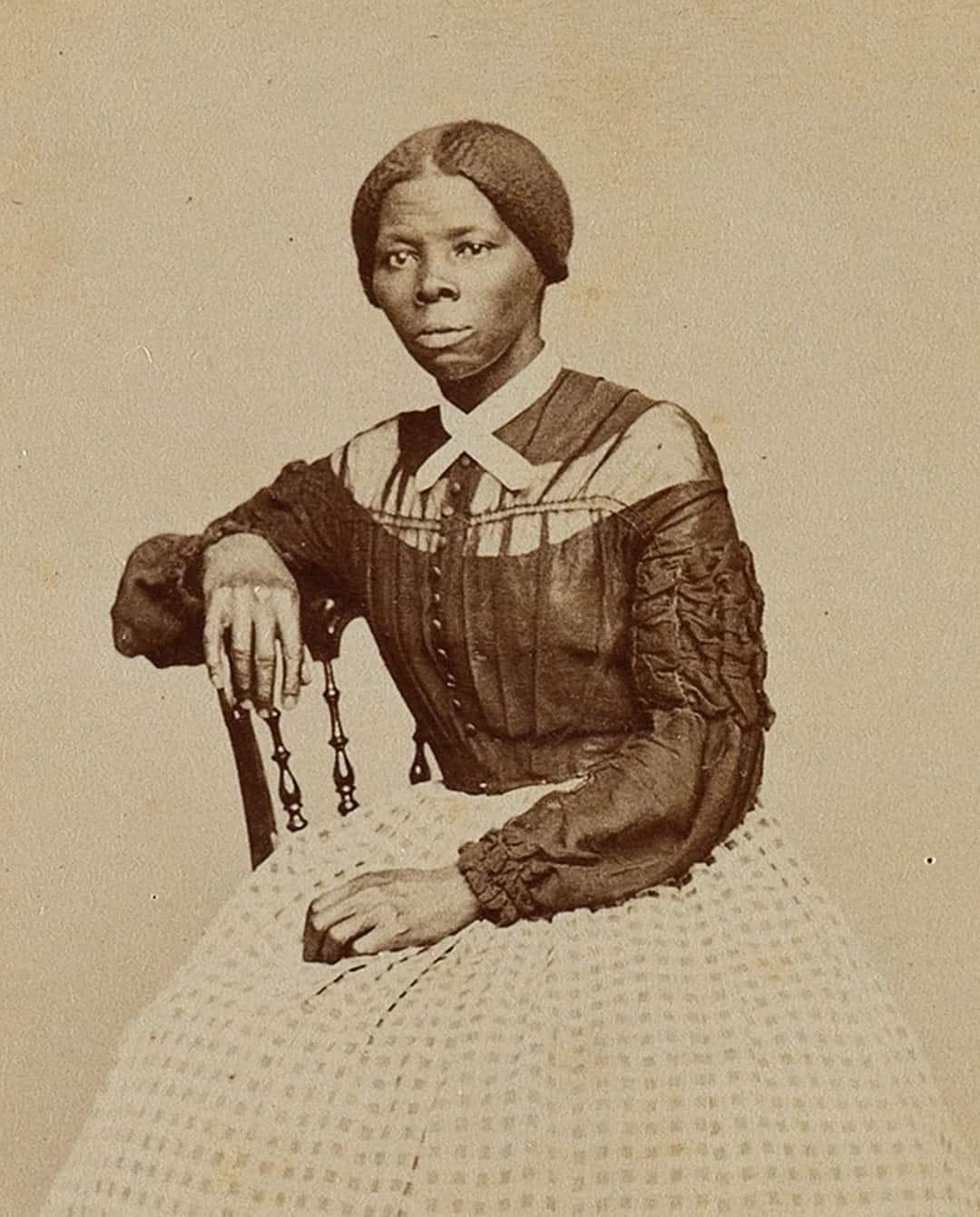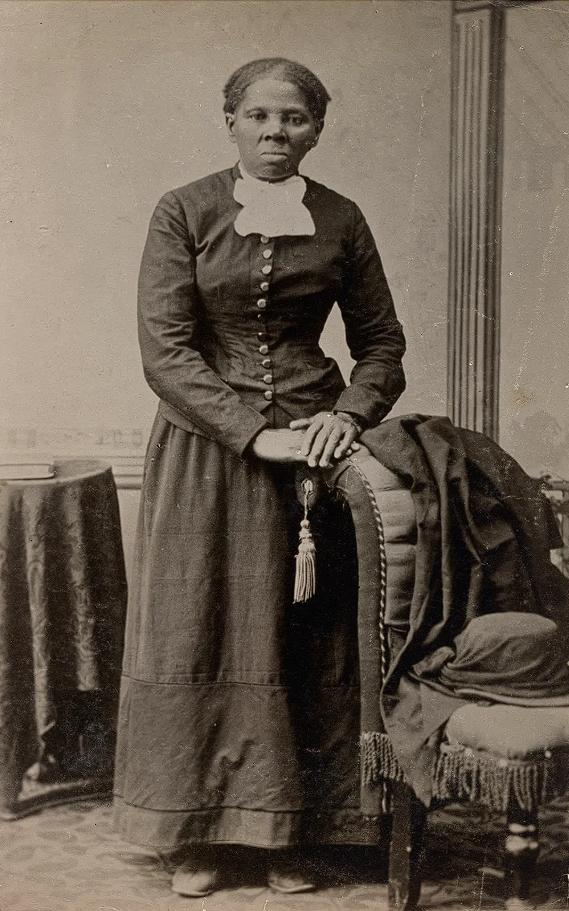Harriet Tubman, a name etched in the annals of American history, lived a life of extraordinary courage and unwavering dedication to freedom. Her journey from enslaved child to legendary conductor of the Underground Railroad is a testament to the indomitable human spirit.

The Crucible of Childhood: Forging a Resolute Will
Harriet Tubman’s early experiences with the brutality of slavery ignited a fire within her, shaping the unwavering determination that would define her life.
Witnessing Inhumanity: A Young Spark of Defiance
- At the tender age of twelve, Harriet Tubman was thrust into the heart of slavery’s cruelty, witnessing an enslaved man’s desperate attempt to escape. This traumatic event laid bare the system’s inherent violence and injustice.
- Her courageous refusal to aid in the man’s restraint, despite the grave risks, marked the early emergence of her moral compass and unwavering commitment to justice. This act of defiance foreshadowed the extraordinary bravery she would later display.
- The violent act of an overseer, hurling a heavy weight that fractured her skull, left lasting physical and psychological scars. The resulting chronic headaches and narcolepsy became constant reminders of the oppression she would fight against.
Enduring Scars: The Physical and Emotional Toll
- The severe head injury Harriet sustained was not merely a fleeting moment of violence; it inflicted lifelong suffering. The persistent headaches and narcolepsy served as physical manifestations of the system’s brutality.
- Beyond the physical pain, the incident underscored the profound emotional and psychological trauma inflicted by slavery. It exemplified the dehumanization and casual cruelty that permeated the lives of enslaved people.
- Despite these immense hardships, Harriet’s spirit remained unbroken. Her ability to transcend her suffering and transform it into a driving force for liberation is a testament to her remarkable resilience.
The Birth of a Leader: Early Displays of Courage
- Even as a child, Harriet exhibited a fierce determination that would shape her destiny. Her refusal to participate in the man’s punishment revealed a strong moral core and an innate sense of justice.
- Despite her small stature, she possessed an inner strength that allowed her to stand against injustice. This early act of defiance was a harbinger of the courageous actions she would undertake as an adult.
- Her ability to convert personal trauma into a powerful catalyst for change is a defining characteristic. She refused to be defined by her suffering, instead using it as fuel for her fight for freedom.
The Path to Liberty: A Journey of Unyielding Bravery
Harriet Tubman’s own escape from slavery was a testament to her extraordinary courage and marked the beginning of her legendary role as a conductor on the Underground Railroad.

A Perilous Exodus: Embracing the Unknown
- In 1849, facing the imminent threat of being sold, Harriet made the courageous decision to flee. This act of defiance required immense bravery, as it meant venturing into the unknown and leaving behind everything she knew.
- Her journey was fraught with peril, involving navigating treacherous terrain, evading capture, and enduring hunger, exhaustion, and the constant threat of discovery. Despite these formidable obstacles, she persevered.
- Upon reaching the North, she experienced the profound joy of liberation, describing it as a moment of divine glory. This transformative experience solidified her resolve to liberate others.
The Transformation: From Fugitive to Liberator
- Harriet’s newfound freedom ignited a burning desire to extend the same liberty to others. She refused to rest until her family and fellow enslaved people were also free.
- Her decision to return to the South, risking her own freedom, to rescue others was an act of extraordinary selflessness. She placed the lives of others above her own safety.
- She became a beacon of hope for those trapped in the chains of slavery, proving that freedom was attainable, even in the face of overwhelming odds.
The Conductor’s Legacy: A Testament to Leadership
- Harriet’s leadership of the Underground Railroad is a defining chapter in her life. She made numerous perilous journeys, guiding approximately seventy people to freedom.
- Her famous declaration, “I never ran my train off the track and I never lost a passenger,” underscores her meticulous planning, unwavering determination, and exceptional leadership skills.
- Her success in safely guiding so many to freedom is a testament to her strategic brilliance, courage, and unwavering commitment to the cause of liberation.
A Life of Service: Beyond the Underground Railroad
Harriet Tubman’s contributions extended far beyond her work on the Underground Railroad, encompassing her service during the Civil War and her lifelong advocacy for justice.
Civil War Heroics: A Multifaceted Contribution
- During the Civil War, Harriet served as a scout, spy, and nurse, demonstrating her versatility and unwavering dedication to the fight for equality.
- Her intimate knowledge of the Southern terrain and her ability to navigate dangerous situations made her an invaluable asset to the Union Army.
- Her contributions to the war effort extended beyond the battlefield, as she continued to advocate for the rights of African Americans throughout her life.
A Symbol of Resistance: Inspiring Generations
- Harriet Tubman’s life serves as a powerful testament to the human spirit’s ability to resist oppression and fight for justice.
- Her actions continue to inspire generations to challenge injustice and demand equality, proving that individual courage can ignite social change.
- She stands as an enduring symbol of hope and resilience, reminding us that even in the darkest of times, the fight for freedom is never in vain.
A Lasting Legacy: An Enduring Inspiration
- Harriet Tubman’s legacy is deeply ingrained in American history, representing the triumph of the human spirit over oppression.
- Her contributions to the abolitionist movement and the Civil War have left an indelible mark on the nation’s conscience.
- Her story continues to be told and celebrated, ensuring that her courage and dedication will never be forgotten.
Conclusion:
Harriet Tubman’s extraordinary life, marked by unwavering courage, resilience, and a profound commitment to liberation, stands as a beacon of hope for generations. Her legacy endures as a testament to the power of the human spirit to overcome adversity and fight for a more just world. Her name will forever be synonymous with freedom, courage, and the indomitable spirit of those who refuse to be silenced.
